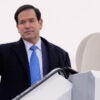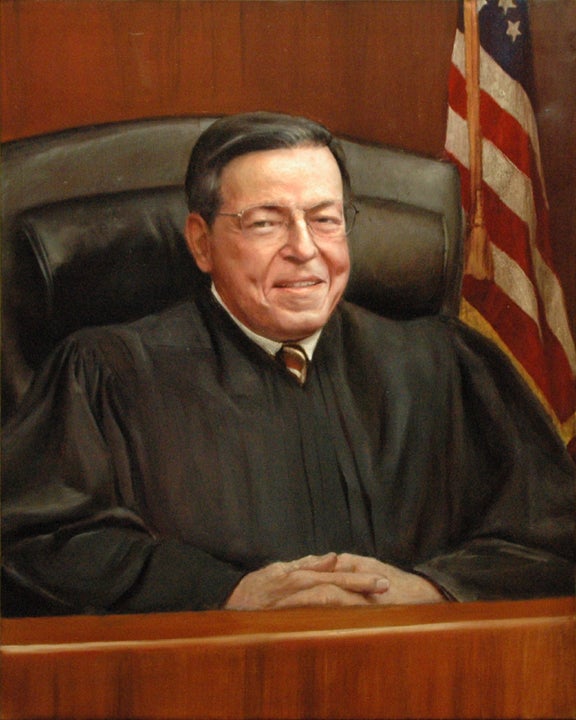On Tuesday, United States District Judge Juan Pérez-Giménez upheld Puerto Rico’s law defining marriage as the union of a man and a woman. He concluded that the U.S. Constitution does not require the redefinition of marriage.
Notably, Pérez-Giménez becomes the first Democrat-appointee to the federal bench to uphold marriage law since the Supreme Court’s Windsor decision on the Defense of Marriage Act case.
And it is the Supreme Court’s Windsor decision that Pérez-Giménez highlights as to why states have constitutional authority to make marriage policy:
The Windsor opinion did not create a fundamental right to same gender marriage nor did it establish that state opposite-gender marriage regulations are amenable to federal constitutional challenges. If anything, Windsor stands for the opposite proposition: it reaffirms the States’ authority over marriage, buttressing Baker’s conclusion that marriage is simply not a federal question.
Pérez-Giménez goes on to cite Windsor: “the definition of marriage is the foundation of the State’s broader authority to regulate the subject of domestic relations with respect to the ‘protection of offspring, property interests, and the enforcement of marital responsibilities.’”
The judge also appeals to an earlier Supreme Court case, Baker v. Nelson, where the Court rejected a challenge to a state’s marriage law because, the Court said, the challenge lacked a “substantial federal question.” Pérez-Giménez explains:
Contrary to the plaintiffs’ contention, Windsor does not overturn Baker; rather, Windsor and Baker work in tandem to emphasize the States’ “historic and essential authority to define the marital relation” free from “federal intrusion.”
Pérez-Giménez, a federal district court judge, also points out that his Circuit Court has cited the authority of Baker: “The First Circuit expressly acknowledged—a mere two years ago—that Baker remains binding precedent ‘unless repudiated by subsequent Supreme Court precedent.’” And, the judge points out, he “cannot see how any ‘doctrinal developments’ at the Supreme Court change the outcome of Baker or permit a lower court to ignore it.”
Indeed, the judge has harsh words for other judges who have struck down state marriage laws: “It takes inexplicable contortions of the mind or perhaps even willful ignorance—this Court does not venture an answer here—to interpret Windsor’s endorsement of the state control of marriage as eliminating the state control of marriage.”
Just so. And if state marriage laws ever make it back to the Supreme Court, this is precisely what the Court should rule. Indeed, Pérez-Giménez highlights what other courts have frequently forgotten about the rationale underlying marriage laws:
Recent affirmances of same-gender marriage seem to suffer from a peculiar inability to recall the principles embodied in existing marriage law. Traditional marriage is “exclusively [an] opposite-sex institution . . . inextricably linked to procreation and biological kinship.” Traditional marriage is the fundamental unit of the political order. And ultimately the very survival of the political order depends upon the procreative potential embodied in traditional marriage.
Those are the well-tested, well-proven principles on which we have relied for centuries. The question now is whether judicial “wisdom” may contrive methods by which those solid principles can be circumvented or even discarded.
Pérez-Giménez thus concludes:
Baker, which necessarily decided that a state law defining marriage as a union between a man and woman does not violate the Fourteenth Amendment, remains good law. Because no right to same-gender marriage emanates from the Constitution, the Commonwealth of Puerto Rico should not be compelled to recognize such unions. Instead, Puerto Rico, acting through its legislature, remains free to shape its own marriage policy. In a system of limited constitutional self-government such as ours, this is the prudent outcome.
As Pérez-Giménez points out, “The people and their elected representatives should debate the wisdom of redefining marriage. Judges should not.” Someone should let President Obama know.

































